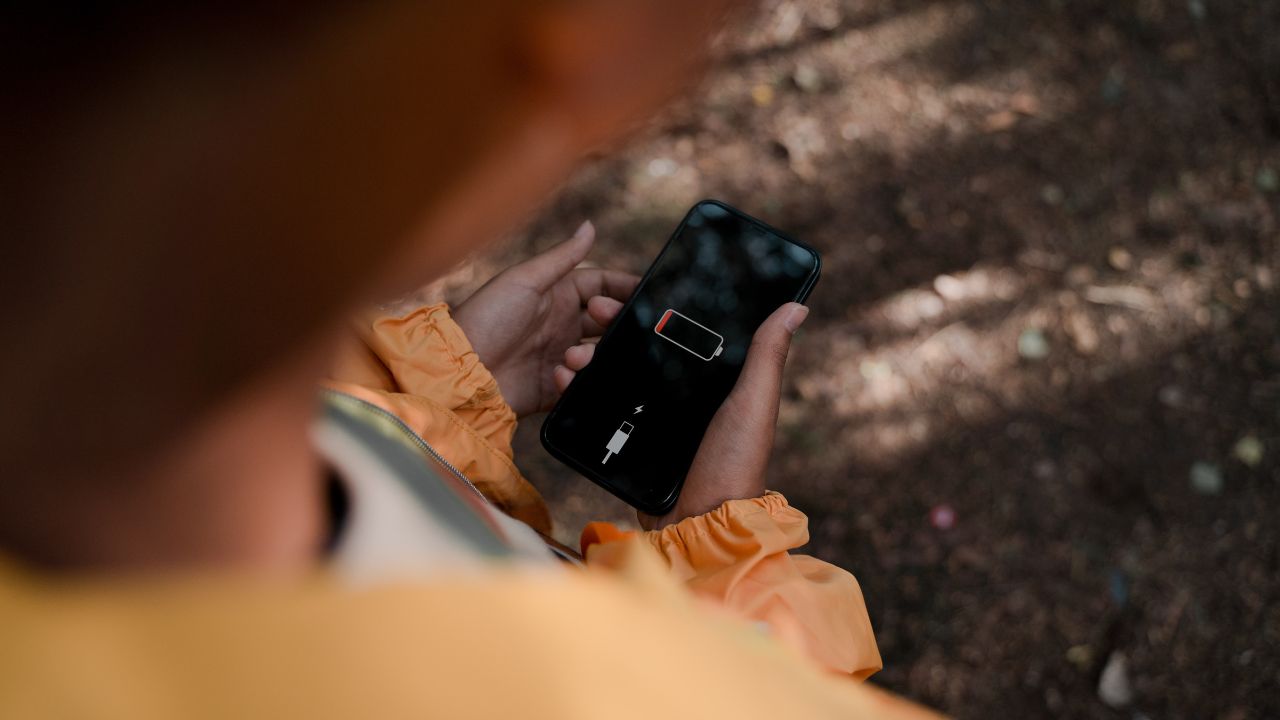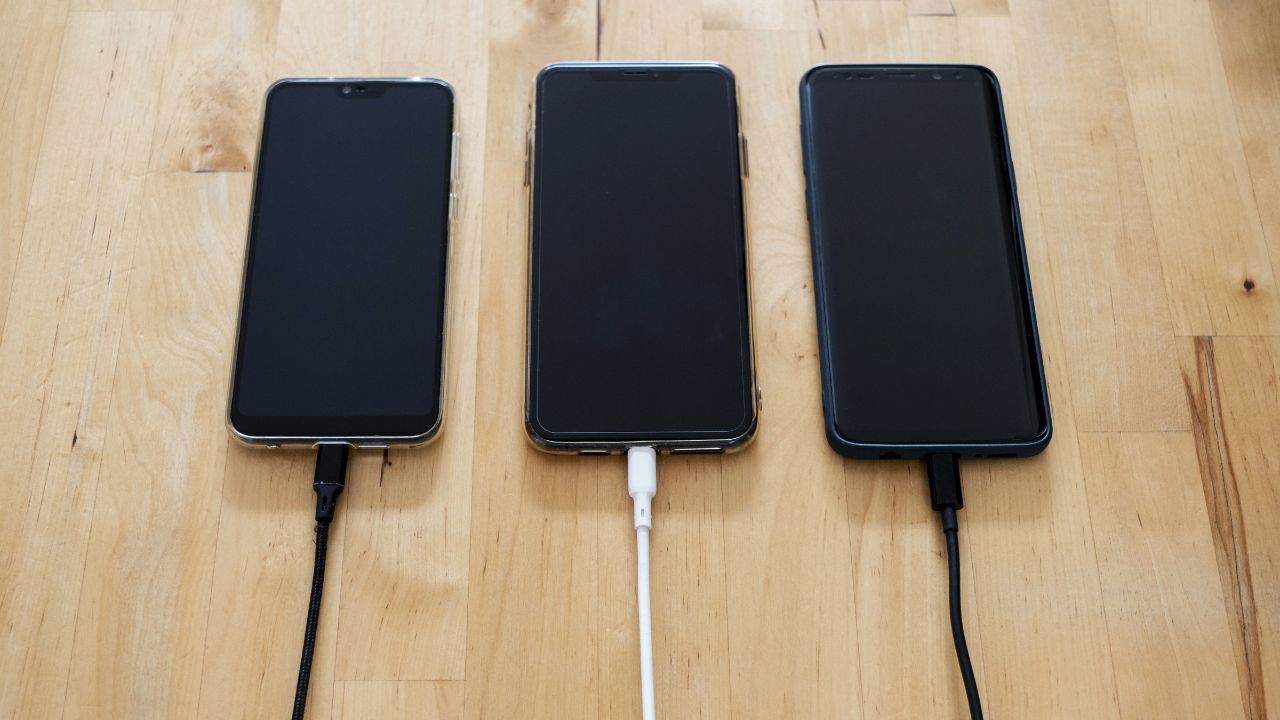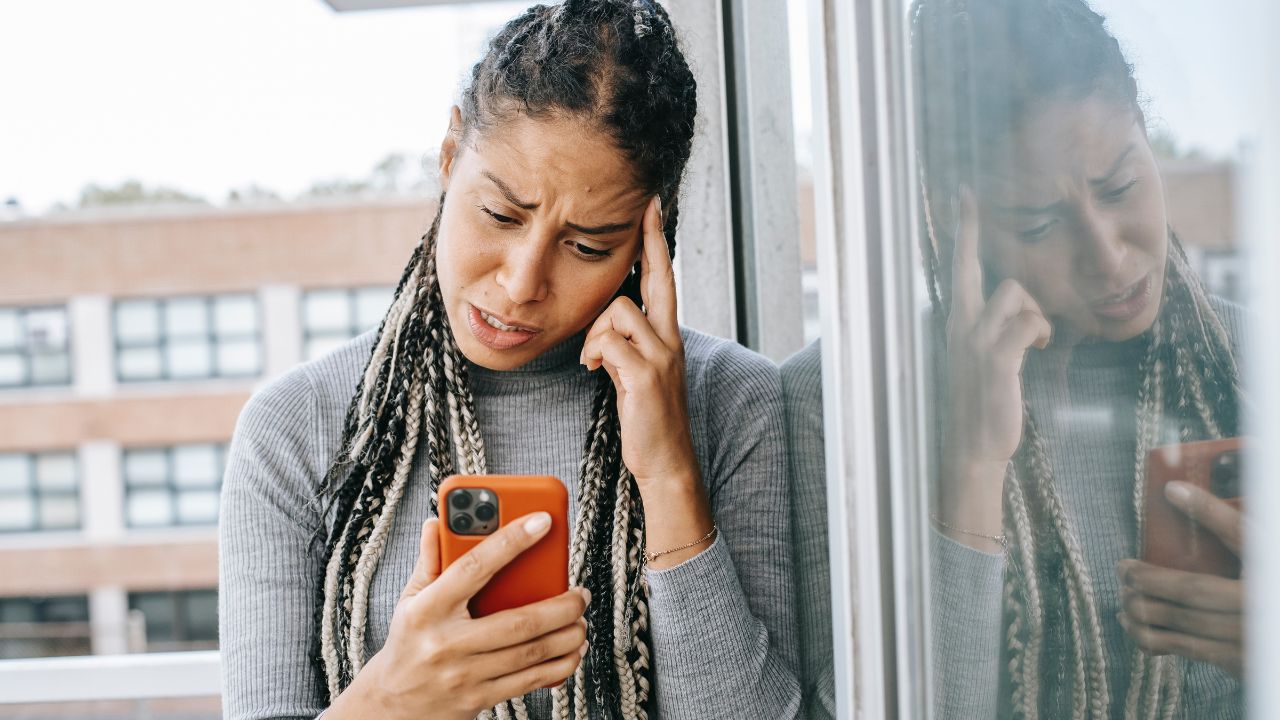There’s nothing more aggravating and anxiety-inducing than having a dead phone and no place to charge it (or worse, you’ve left your charger at home). With all the apps we use, and the hours of screen time we spend, our smartphones end up completely drained before we even realize it.
So how can you prevent this from happening, and what makes our batteries drain quickly anyway?
How smartphones lose battery life
Both iPhones and Androids are designed to have their background apps refresh periodically by default, which then uses up all your phone’s battery life and data. Phone batteries will still have battery life sucked out of them much quicker from having your screen brightness turned up or your cellular connection. Still, it can’t hurt to stop apps from refreshing automatically to conserve some of that battery life.
How to stop background apps from refreshing on an iPhone
- Open your Settings app
- Tap General
- Select Background App Refresh
- Select Background App Refresh again
- You can choose whether you want to turn Background App Refresh off, limit it to occur only when you’re connected to Wi-Fi, or allow apps to refresh on both Wi-Fi and Cellular Data. If you choose Wi-Fi and Cellular Data, you may select which apps can refresh in the background from the list of apps given on the Background App Refresh page
How to stop background apps from refreshing on an Android
You can reduce the Background Data within each app, but this does take a few more minutes so you may only want to do this for apps using a lot of data in the background like Chrome.
Please note, settings may vary depending on your Android phone’s manufacturer.
- Open your Settings app
- Tap Apps (depending on your phone you may need to click “Application Manager”)
- Open each app you want to stop from refreshing in the background
- Tap Battery
- Either tap Background Activity and tap Restrict or you may be able to immediately click Restricted, which will stop the app from running in the background
Since this is a more tedious process, you can also optimize your phone’s battery from running all apps in the background at once.
- Open your Settings app
- Go to the Battery settings, which may be under Smart Manager or Battery and Device Care
- Under the Battery options, tap either Normal Saving Mode or Background Usage Limits to put unused apps to sleep and save more battery
Can I save my battery life by turning on low-power mode?
There is the option of turning on low-power mode on your iPhone or Battery Saver if you have an Android. Turning these modes on will stop background apps from refreshing automatically. Still, it will pause and change other settings,, such as your device performance and screen refresh rate. Your battery and data will be saved; however, following the steps for iPhones and Androids above is the more practical choice.
What other steps can I take to save the battery life on my iPhone?
- Make sure your iPhone is up-to-date: Always make sure your iPhone has the latest software update by going to Settings>General>Software Update.
- Dim your iPhone’s screen brightness: The lower your screen brightness is, the longer your battery will last. Turn your screen’s brightness down by doing one of the following:
- Open the Control Center by swiping down from the top-right of your Home Screen and dragging the Brightness slider down
- Go to Settings>Display & Brightness and slide the Brightness slider to the left
- Go to Settings>Accessibility>Display & Text Size>Auto-Brightness and toggle it on.
How do I delete apps with high battery usage on my iPhone?
- Go to Settings
- Scroll down to Battery and tap
- Scroll down to the Battery Usage By App section
- You will be able to see the app and how much battery use each is using. If the app is draining your battery or you no longer use it simply remove it from your home screen by pressing and holding on the app icon, then tapping the Delete App button that appears
How do I check to see if my iPhone’s battery needs to be replaced?
- Go to Settings on your iPhone
- Tap on Battery
- Look at the Battery Health section. You will see a percentage that indicates the current maximum capacity of your iPhone’s battery
- If the Maximum Capacity is less than 80% and the iPhone is older than a year, you can consider replacing the battery to restore full performance
Apple provides a battery replacement service if you find that your iPhone battery needs to be replaced. You can also use third-party apps like Battery Life Doctor Pro, Battery Life – check runtimes, and Battery HD+ to check the battery health of your iPhone.

What other steps can I take to save the battery life on my Android?
Androids have various settings depending on your model. Check if you can adjust either of these settings to save your battery for days and additional power-saving options.
- Open your Settings app
- If you have the Smart Manager, tap it
- Tap Battery
- You’ll see how much time you can get out of your battery by selecting either Normal saving Mode or even better – Super saving mode. These options will affect how apps run in the background and how your phone collects data, but you’ll be able to hold out a lot longer til the next charge
If you don’t have a Smart Manager, try these settings:
- Open your Settings app
- Tap Battery and device care
- Tap Battery
- Before toggling on Power Saving (which will also help save battery), tap Power Saving
- Toggle this on, and then make sure the other power saving options are toggled on like Turn off Always On Display, Limit CPU speed to 70%, and Decrease brightness by 10%
Note that some of these steps only apply to Android 13 models and above. If you’re unsure of which model you have, you can check by clicking here.
What have you found is the best way to stop your phone from dying so fast? We’d love to hear from you.
Related:
- How to see your phone battery charged longer
- Best Portable Phone Chargers
- 10 best power strips and surge protectors to keep you at 100%


